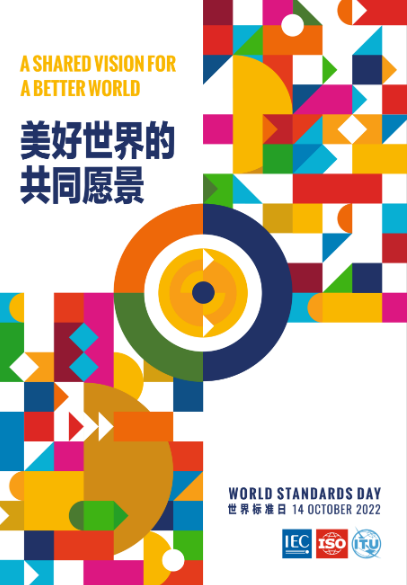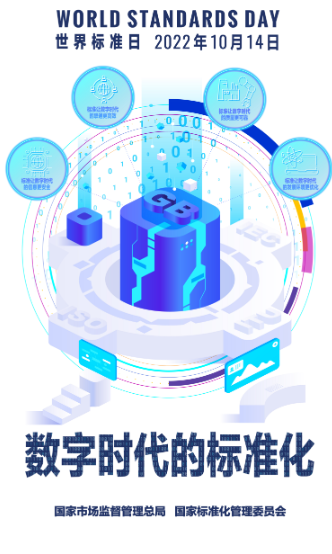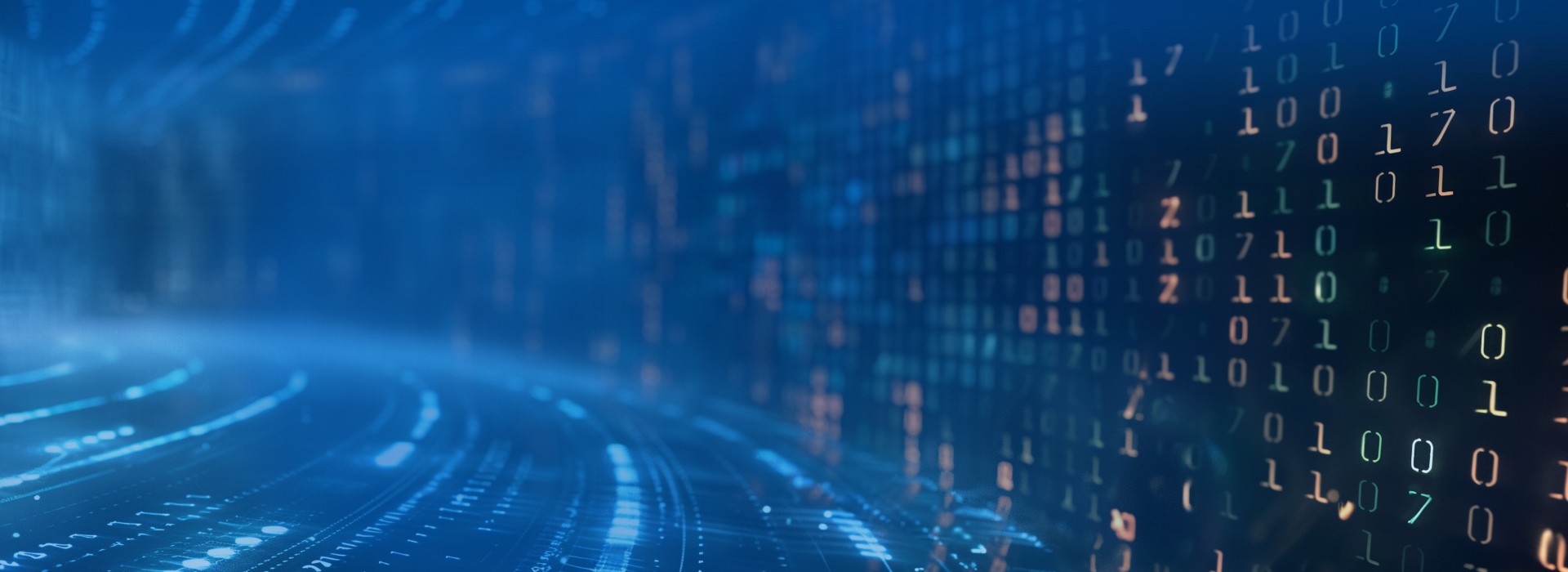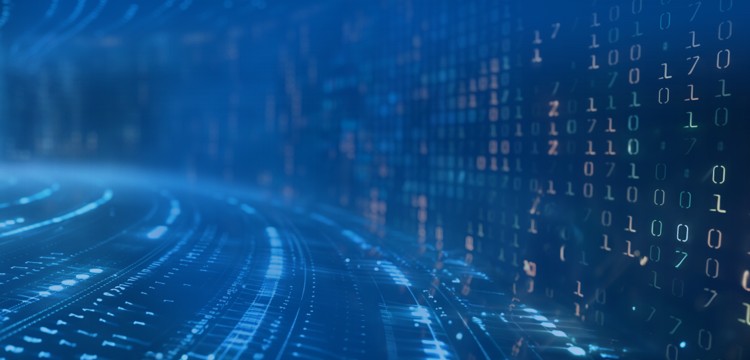World Standards Day in 2022 is coming
October 14, 2022, marks the 53rd World Standards Day. The International Electrotechnical Commission (IEC), the International Organization for Standardization (ISO), and the International Telecommunication Union (ITU) have set the international theme of this year's World Standards Day as "Shared Vision for a Better World".
To highlight the fundamental role of standardization in the digital age and actively promote the digital transformation of standards, the Standardization Administration of China has determined the Chinese theme of this year's World Standards Day as "Standardization in the Digital Age" and released a congratulatory message.


Message for World Standards Day 2022
Shared Vision for a Better World
By Shu Yinbiao, Chair of IEC
By Ulrika Frank, Chair of ISO
By Houlin Zhao, Secretary-General of ITU
Achieving the United Nations' 2030 Sustainable Development Goals, reducing imbalances in social development, promoting sustainable economic development, and mitigating climate change is a huge undertaking. To achieve these wonderful goals, the cooperation of numerous partners (both public and private sectors) is needed, as well as making full use of all available tools, including giving full play to the important role of international standards and conformity assessment.
The intense battle that humanity has waged against the continuously spreading global pandemic has fully demonstrated that we must promote the realization of the United Nations' Sustainable Development Goals in an inclusive manner, enabling human society to develop in a more resilient, equitable, and thus stronger direction. Today, let us join hands and participate in this great cause. Upholding the consensus that the Sustainable Development Goals help rebuild a better world, we should further promote the more important role of standards.
Based on extensive consultation and joint contribution, we have established a sound international standard system, which fully demonstrates the role of unity and cooperation and further strengthens our confidence that cooperation makes us stronger. Let us work together to provide practical solutions for human society and better use standards to address the challenges in achieving the Sustainable Development Goals.
Over the years, it is this spirit that has inspired us to showcase to the world the significant contributions of international standards to the achievement of the Sustainable Development Goals through organizing and participating in World Standards Day activities.
Let us unite and work together to jointly promote the realization of the United Nations' 2030 Agenda for Sustainable Development, jointly build an international standard system that supports sustainable development, and jointly build a better world.
Chinese Message for World Standards Day 2022
Standardization in the Digital Age
Standardization Administration of China
October 14, 2022
The global digital development is accelerating, digital transformation is evolving, and digital technologies are continuously innovating, accelerating their integration and penetration into traditional industries. The digital economy is playing an increasingly obvious role in driving global economic growth. It has become a key force in reorganizing global factor resources, reshaping the global economic structure, and changing the global competitive landscape. It is a strategic choice for new opportunities in the new round of scientific and technological revolution and industrial transformation. In recent years, China's digital economy has been booming. The construction of new infrastructure has been accelerated, digital industrialization has been advanced in depth, key technologies have been tackled at a faster pace, and the industrial scale has continued to grow rapidly, making it one of the main engines driving economic development. In 2021, the scale of China's digital economy increased to 45.5 trillion yuan, accounting for 39.8% of the GDP.
Digital technologies such as the Internet, big data, cloud computing, artificial intelligence, and blockchain are developing at an unprecedented speed, with an extensive reach and a profound impact. Standardization in the digital age is playing an irreplaceable fundamental role.
· Standards make information in the digital age more secure. We have stepped up the formulation and revision of information security standards. The standard systems for personal information, data algorithms, and system security protection are becoming increasingly complete. Standards promote the safer collection, storage, interaction, and use of data.
· Standards make connectivity in the digital age more efficient. We have carried out standardization work in the Internet of Things, biometric identification, brain - computer interface, etc. Standards promote the cross - border flow of data and provide strong technical support for the intelligent interconnection of all things.
· Standards make the quality in the digital age more reliable. We focus on digital application scenarios in industries such as smart agriculture, intelligent manufacturing, and digital commerce. Standards empower the transformation and upgrading of traditional industries, enabling the iterative upgrading of products and services and enhancing the public's sense of quality gain.
· Standards make the development environment in the digital age more optimized. Together with other countries, we jointly build international standards for cyberspace. Standards improve digital governance rules, regulate the circulation and trading of data resources, promote digital international cooperation, and optimize the development environment.
Digitalization is the trend of the times, and standardization should keep up with the trend of the digital age. We need to accelerate the digitalization process of standards, strive to develop machine - readable standards and open - source standards, improve digital infrastructure standards, serve the development of digital society, digital government, digital governance, and digital economy, comprehensively support the construction of a digital China, and move standardization in the direction of digitalization, networking, and intelligence. With more comprehensive, better, and higher standards, we support the construction of a more convenient, efficient, and inclusive digital age.




















